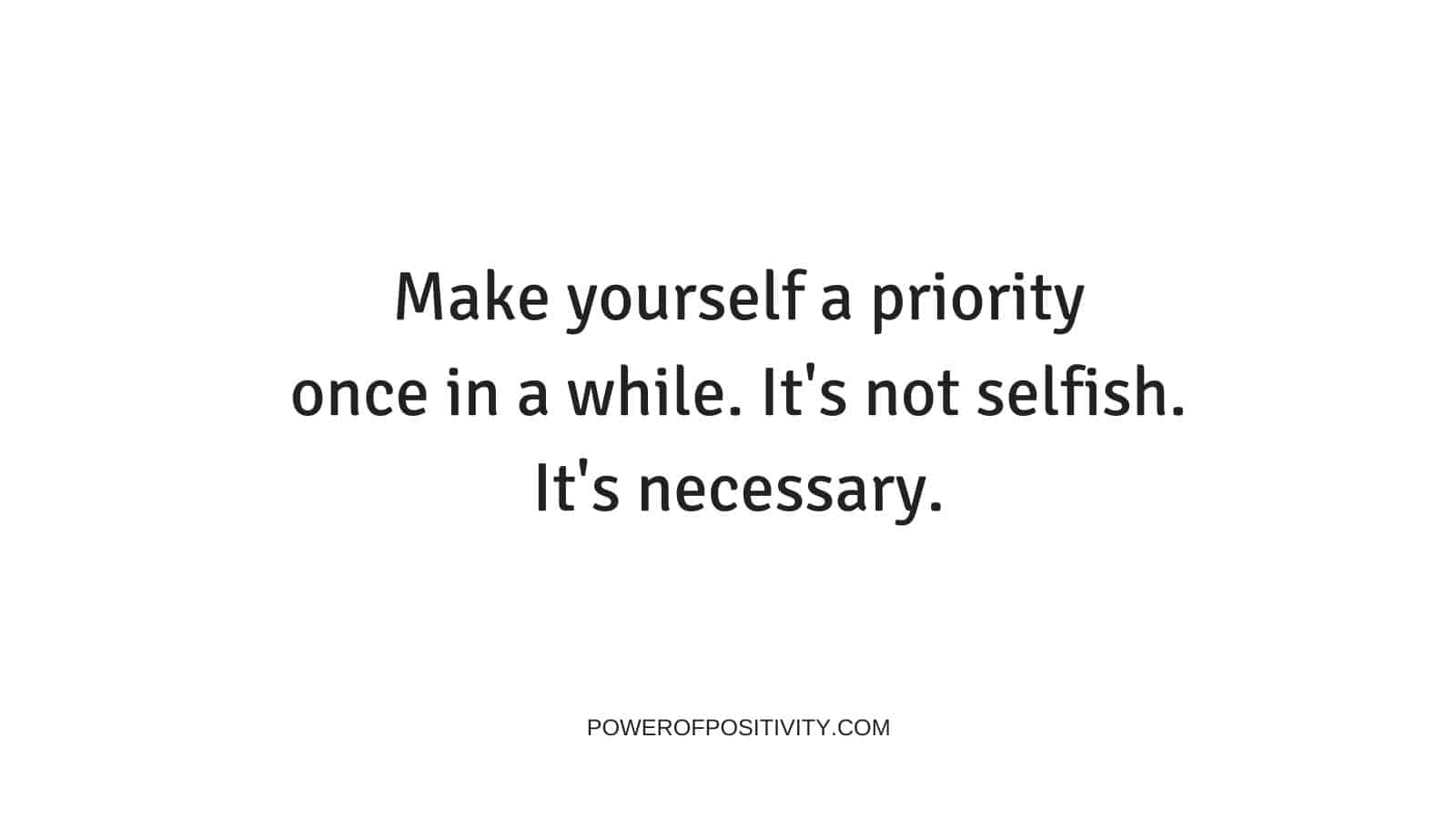Do you ever find yourself lashing out in sudden or uncontrollable anger sometimes? Perhaps you know a coworker or a family member that has issues dealing with anger? We’re not talking about simple “tantrums” that may occur because of some type of annoyance. We’re referring to explosive, all-out, scary anger that can leave people confused about why you reacted the way you did.
If you’ve experienced this type of anger, you aren’t alone. Close to 9 percent of Americans (almost 22 million people) have had some uncontrollable moments of anger. It’s a major problem in this day and age.
If you’ve recognized that you have anger issues, congratulations! That the first step in fixing the problem. Now you need to find ways to cope with it.
Below are ten healthy ways that psychologists agree will help you deal with anger issues.
 1. Calm Down Before Addressing the Issue
1. Calm Down Before Addressing the Issue
When you suddenly become angry or enraged, dealing with a problem in a civilized way is probably not where your head is at that moment. Your emotions are running high and you’re reacting instead of responding. Doing this won’t accomplish anything other than aggravating the situation more.
If you’re able to, remove yourself from the situation. Take time to calm down. It doesn’t matter if it only takes a few minutes, a few hours, or a few days. After your anger subsides, you can return to the place or person to work out the problem calmly.
2. Breathing Exercises
Breathing exercises are great for dealing with anger. They have both physical and mental benefits. When you get angry, your body sends “signals” to your brain signaling something similar to a “fight or flight” response. This is why you can have such an explosive reaction to a situation.
Breathing in and out helps to calm this response in your brain. Slow, steady breathing signals to your body that things are okay and there is nothing to be concerned about. This brings you to a calm state so you can resolve your issue without overreacting. There are several breathing exercises you can try, but in the heat of the moment, breathing in and out a few times is the quickest way to calm down.
3. Know Your Emotional Triggers
When you know your emotional triggers, you can make the choice to avoid situations that will make your issues with anger flare-up. While this isn’t a “solution” to your anger issues, it will at least keep you from blowing up until you can get a handle on it.
With this being said, some people aren’t aware of what their triggers are. It can take some time to be able to recognize them. Here are a few ways to spot your emotional triggers in a situation:
- The situation makes you feel uncomfortable
- You begin feeling things like shame, guilt, sadness
- You feel singled-out and/or embarrassed
- Certain needs like respect, fairness, and acceptance aren’t being met
- You feel out of control
- You feel misunderstood
4. Meditate
Meditation has long been regarded as a way to fight health conditions, psychological disorders, and pain. It’s also a great way to practice being calm, to reduce stress, and to control your anger. If you have issues dealing with anger, incorporating meditation into your life a few times a week can help you begin to manage your anger issues over time.
The great thing about meditation is that it’s easy to do, free, and can be done in the comfort of your own home at a pace that suits you. There is plenty of information online about how to start meditating. The key is to not give up – keep your sessions going and you’ll be surprised at how well you start handling issues that usually cause you to fly off the handle.
5. Think Before You Speak
You’d be surprised at how different your reaction would be to a situation that makes you angry if you just take a few seconds to think about what you’re going to say. Angry outbursts are usually done in the heat of the moment. As stated before, you react to the situation instead of responding to it.
When you force yourself to stop and think, your anger gets a “cap” put on it. Essentially, by focusing on your response, you delay the reaction which weakens the outburst. The longer you think, the more your anger will subside.
6. Lower Stress Levels
Stress has such a major effect on your life, especially on your emotions. When you’re stressed out, even the smallest things can set you off. In many cases, it can cause you to react in such a bizarre way that you regret your reaction almost instantly.
Any number of things in your life can contribute to your stress. In fact, stress can cause more problems than the ones you’re already dealing with, which will make you even more stressed. Getting rid of stress is easier said than done, but you must try anyway because your temper isn’t the only thing that stress will affect.
7. Get More Sleep
A lack of the proper amount of sleep can indirectly lead to your issues with anger. The average adult needs from seven to nine hours of sleep. Without this amount, there can be short-term and long-term consequences, with the short-term affecting your anger issues and the long-term affecting your health.
Without getting too scientific, the reason that sleep deprivation leads to anger issues is that the amygdala (a gland that is responsible for emotions) doesn’t function correctly. It becomes more susceptible to negative emotions so anger gets a bit of a boost. The good news is that, as long as you aren’t deprived of sleep long-term, you can reverse this by getting a few good nights of sleep.
8. Don’t Let Anger Build Up
Unexpressed anger is sometimes called “pent up anger”. Many people keep their emotions to themselves. They are incapable or unwilling to express how they really feel. This allows their emotions to be directed inward and to simmer. The result is that eventually you’ll get full and the anger will boil over.
Pent up anger can cause a phenomenon called displacement. This can cause you to act your anger out on the wrong target. For example, you yell at a coworker because you had a fight with your spouse before you got to work. Avoid pent up anger by expressing what’s bothering you at the time that it’s bothering you.
9. Exercise
Exercise is a great way to reduce anger. Not only can it reduce anger at the time you’re angry, but regular exercise can help to control issues with anger long-term. Anything from a brisk walk to a few push-ups can be helpful in a heat of the moment situation.
Exercise helps to reduce stress levels and it does it rather quickly. It also triggers a chemical reaction in the brain. Exercise triggers the release of endorphins. Endorphins help to put you in a better mood, essentially stamping out your anger. Although any exercise will do, aerobic exercise is the best for stimulating endorphins.
10. Seek Professional Help
All nine of the above steps are “self-help” steps. They work wonders, but sometimes they may not be enough. Depending on how severe your anger issues are, you may need to seek professional help.
Uncontrolled anger issues can build into something dangerous. You may end up verbally and physically abusing people around you even though you don’t mean to. It may cause you to lash out violently towards people. It can wreak havoc on your life.
There is no shame in getting professional help. It’s better to get help than to drive away people that are important to you.
 Final Thoughts on Dealing With Anger Issues
Final Thoughts on Dealing With Anger Issues
Anger is often a misleading emotion. It can be directed to the wrong person or invoked in the wrong situations. Even in the right situations, it can be downright scary. In many cases, you may find you aren’t even sure what you’re angry about.
For a while, people may understand that you’re just going through some things, but anger tends to get worse over time if it’s not dealt with early. Eventually, people will get tired of being abused, even your closest family members. They may distance themselves from you which can make matters worse.
Having to deal with anger problems is no way to live. That’s why following the steps above are so important. They are easy, self-managing steps but if you feel they aren’t working, remember that there is plenty of professional help available for you. With a little effort on your part, plus the advice from psychologists on the healthy ways to cope with anger, you can get back to having normal, healthy relationships with the people you care about.





















